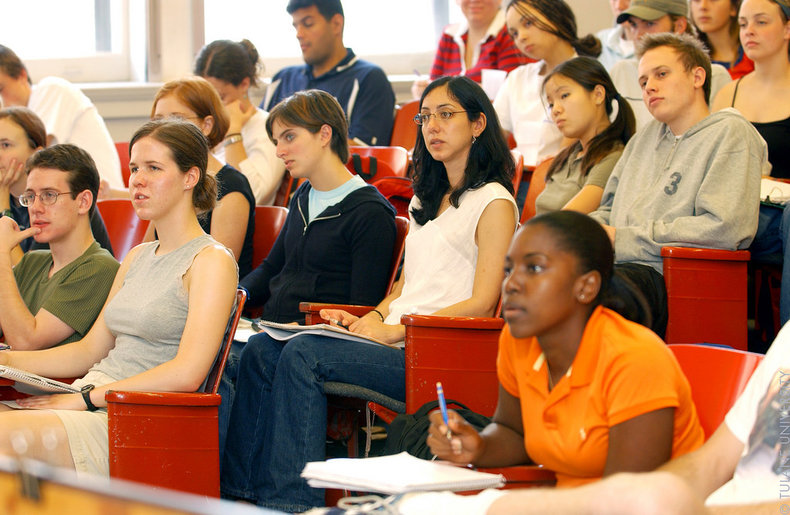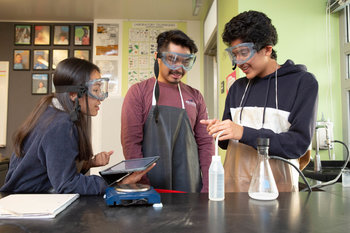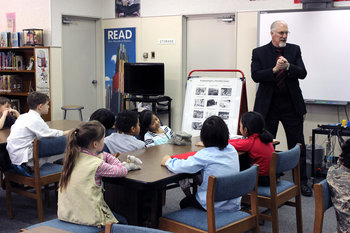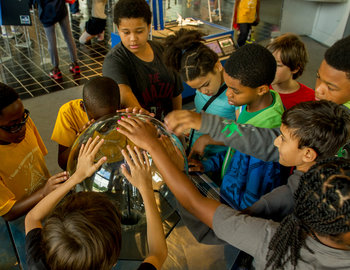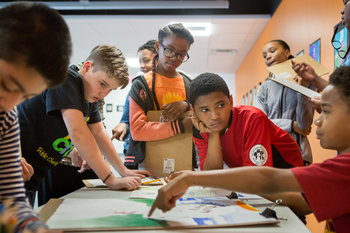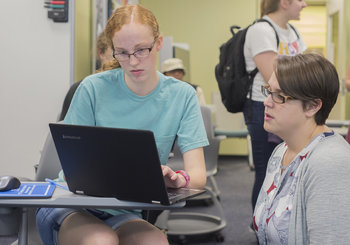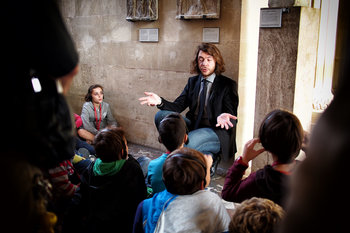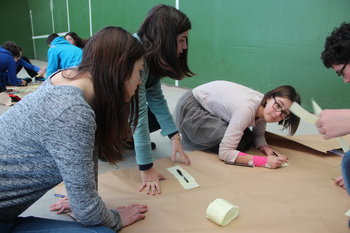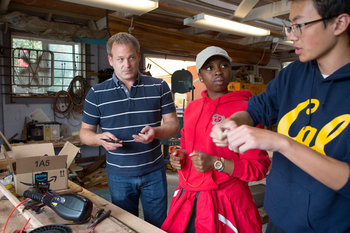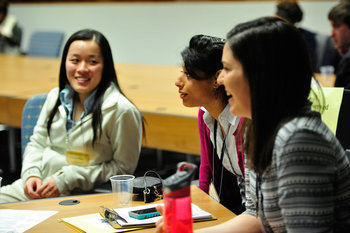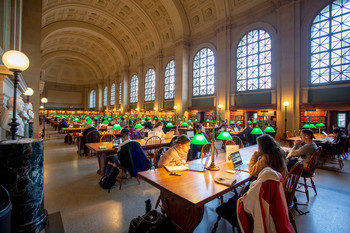|
| |
Education is the experience of acquiring knowledge and exercising intellectual abilities. This includes teaching, studying, training, discussion, storytelling, research and design. Education is considered both a human right and a cornerstone of culture and economic progress. The following are common examples of education.
Preschool | Kindergarten | Elementary School | Middle School | High School | Vocational School | Trade School | College | University | Homeschooling | Adult Education | Online learning | Massive Open Online Courses (MOOCs) | Tutoring | Study Abroad Programs | Language Schools | Language Immersion Schools - all classes in a second language | Technical Schools | Community Colleges | Liberal Arts Colleges | Research Universities | Business Schools | Medical Schools | Law Schools | Art Schools | Music Schools | Dance Schools | Performing Arts Schools | Culinary Schools | Fashion Schools | Film Schools | Design Schools | Media / Entertainment Arts Schools | Corporate Education | Professional Development Programs | Industry Training & Certifications | Masters Degrees | Doctorates / PhDs | Informal Education e.g. self-study | Non-formal Education e.g. swimming lessons | Public Schools | Private Schools | Charter Schools - a publicly funded independent school | Boarding Schools | Special Education Schools | Religious Schools - private schools with a religious affiliation |
Education
This is the complete list of articles we have written about education.
If you enjoyed this page, please consider bookmarking Simplicable.
An overview of the education experience with examples.
An overview of common education goals.
A list of educational issues.
An overview of the education system with a list of examples.
A list of common types of education technology with examples.
A glossary of learning terms.
A definition of school culture with examples.
A list of studying techniques that may boost productivity.
A guide to teaching.
The common types of training.
A list of common student performance criteria.
TrendingThe most popular articles on Simplicable in the past day.
Recent posts or updates on Simplicable.
Site Map
© 2010-2023 Simplicable. All Rights Reserved. Reproduction of materials found on this site, in any form, without explicit permission is prohibited.
View credits & copyrights or citation information for this page.
|
